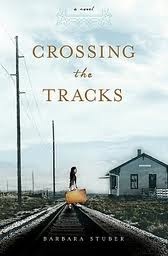By Holly Johnson, University of Cincinnati, Cincinnati, OH
 “I loved everyone who said yes to the world and
“I loved everyone who said yes to the world and
tried to make it better instead of worse,
because so much of the world was ugly—
and just about all the ugly parts were due to humans.”
–Cat, from Shine (p. 290)
In the last few months I have read a number of books that would fall under the category of “social issues realism,” and so often that sub-genre is about the ugly parts of the world. What is so timely about these texts for adolescents is their ability to present young adults, who may just be emerging into the world with their own opinions about the reality they encounter on the news, at the dinner table, or in all the other spoken but not examined arenas of their lives. In essence, many young people have few opportunities to test their theories, hypotheses, and values. Adolescents are on the edge of discovery about the world, its politics, and both the world’s and their own potential. They have so many thoughts, so many questions, and so many opportunities to make a difference, yet they don’t know how much that difference can mean. Continue reading

